On January 25, 2019, a consultative roundtable symposium on the theme of “Ecological Civilization and Green School” was successfully held in Beijing’s warm winter sun. The event was co-hosted by CBCGDF and the TERRE Policy Centre. The guests included Dr. Bhanu Neupane, a Programme specialist for ICT and Sciences and Open Access to Scientific Research at UNESCO, the heads/officials from colleges/universities in China, and representatives and volunteers from all walks of life, who are committed to promoting sustainable development on the campus.
The roundtable symposium was based on the initiative of Mr. Rajendra Shende, Chairman of TERRE Policy Centre, former director of UNEP and Coordinating Lead Author of IPCC (Intergovernmental Panel on Climate Change), under the deployment of Dr. Zhou Jinfeng, the Secretary-General of CBCGDF, and received the support from UNESCO -Paris, who is a knowledge partner of SCCN.
TERRE Policy Centre (www.terrepolicycentre.com) is a non-profit, non-partisan and independent organization dedicated to sustainable solutions to our developmental imperatives. TERRE also is the abbreviation for ‘Technology, Education, Research and Rehabilitation for the Environment.’ TERRE strives to reach all strata of society, particularly the young generation and people at the bottom of the pyramid with capacity building tools on energy and food security. Its motto is: "To think is good but to act is better”.
As a special advisor for CBCGDF in the fields of climate change and sustainable development, Mr. Shende has repeatedly communicated with Dr. Zhou on the relevant work of CBCGDF: Dr. Zhou proposed “sustainable campus” and “conservation areas at campuses”, the “biodiversity footprint” vision and initiative, and the two sides agreed to promote the SCCN (SmartCampusCloudNetwork) project, a global education network platform dedicated to achieving the UN Sustainable Development Goals (SDGs).
The roundtable discussion aimed to discuss issues such as Smart Campus, Green School and sustainable development, China Conservation Areas at Campuses, sustainable diet in universities, and other proposals for the 2019 NPC and CPPCC two sessions meetings, to promote from the policy perspective, as well as to the UN’s post-2020 biodiversity framework to promote ecological civilization construction and sustainable development at campuses.
SCCN is a network of universities and a tool to mainstream United Nations SDGs in the current education system. The network promotes the exercises of ‘learning by doing’ within the campus. More importantly, the network encourages the campus communities to deploy the digital technologies like IoT (Internet of Thing), AI (Artificial Intelligence), Cloud-networking, Machine-to-machine learning and Block chain to optimize use of energy, water in campus and catalyze effective waste management, sustainable transport, air pollution and nature conservation. Presently 60 universities and colleges are the registered members of SCCN, including those from Portugal, Brazil, Japan, Bhutan and China.
As the founder of the SCCN network, Mr. Shende admires Dr. Zhou’s efforts and experience – working closely with Chinese educational institutions to promote education on ecological civilization in the universities of China, particularly invited Dr. Zhou became an advisor for the network. Mr. Shende is committed to making the SCCN network a future platform for shaping the future of global sustainable development and connecting with the vision of the future of ecological civilization that is closely related to the community of a shared future of the mankind.
In this roundtable discussion, Mr. Shende said that China is now recognized as a rapidly emerging economy and a strong country. It is very necessary to listen to China's views on sustainable development. One of the goals of the discussion was to introduce the SCCN network to Chinese universities. After that, Dr. Bhanu Neupane of UNESCO will also summarize the discussions and report to UNESCO for further discussion. At present, the United Nations Sustainable Development Goals have made a lot of progress, but there are still some shortcomings, which requires in-depth interaction at the university campus. In recent years, SCCN has carried out many activities with the support of CBCGDF and UNESCO. The goal of this network is to make a real contribution to sustainable development and to learn through practical actions on campus. When he came to China to cooperate with CBCGDF, he realized that the Chinese people are good at going out, learning from all walks of life and learning from their long traditions, and helped him form this concept: to educate students from practice, to improve young talents to become future decision makers who contribute to the environment and be able to innovate.
Dr. Zhou Jinfeng, the Secretary-General of CBCGDF, said at the roundtable that a major shortcoming of the UN Sustainable Development Goals is that there is not enough work done in schools. Mr. Shende stressed that the campus should be carried out as a very important area. This overall concept is open and is very consistent with our current ecological civilization and a community of a shared future for the mankind thoughts. Moreover, Mr. Shende is also very open. He is willing to accept many of our thoughts. He is willing to pay more attention to Chinese characteristics when introducing SCCN in China, and to incorporate our thoughts and practices. This is also a very important part of the community of shared future for the mankind, and the participation in the global ecological governance advocated by President Xi. Our work must start from the youth and from the campus. This is a series of theories for us to continue the development of ecological civilization, promote green development, promote the participation of the community of a shared future for the mankind in the global ecological environment, and is very consistent with a series of theories of opening and sharing with the mankind.
At the roundtable, Mr. Shende also made a detailed demonstration of SCCN’s efforts so far, and the links that have been constructed with Chinese universities. At the same time, Dr. Neupane from the UNESCO-Paris, as well as representatives form Tsinghua University, Nankai University, Beijing Forestry University and other representatives and volunteers from CBCGDF’s communities, expressed their opinions and had a lively discussion. Professor Fred Dubee, the director of CBCGDF international working committee and a senior advisor, also made a point of view through remote connection.
For the more news on the roundtable symposium, welcome to follow CBCGDF Wechat account ChinaGreenExpress, stay tuned!
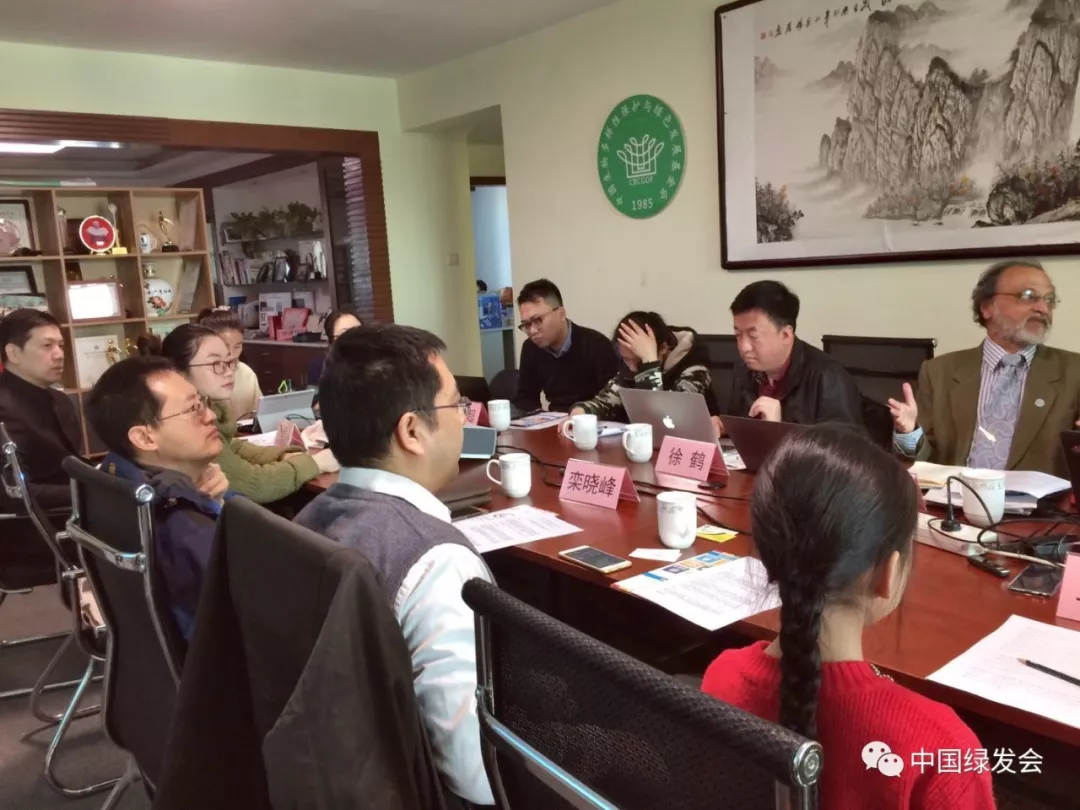
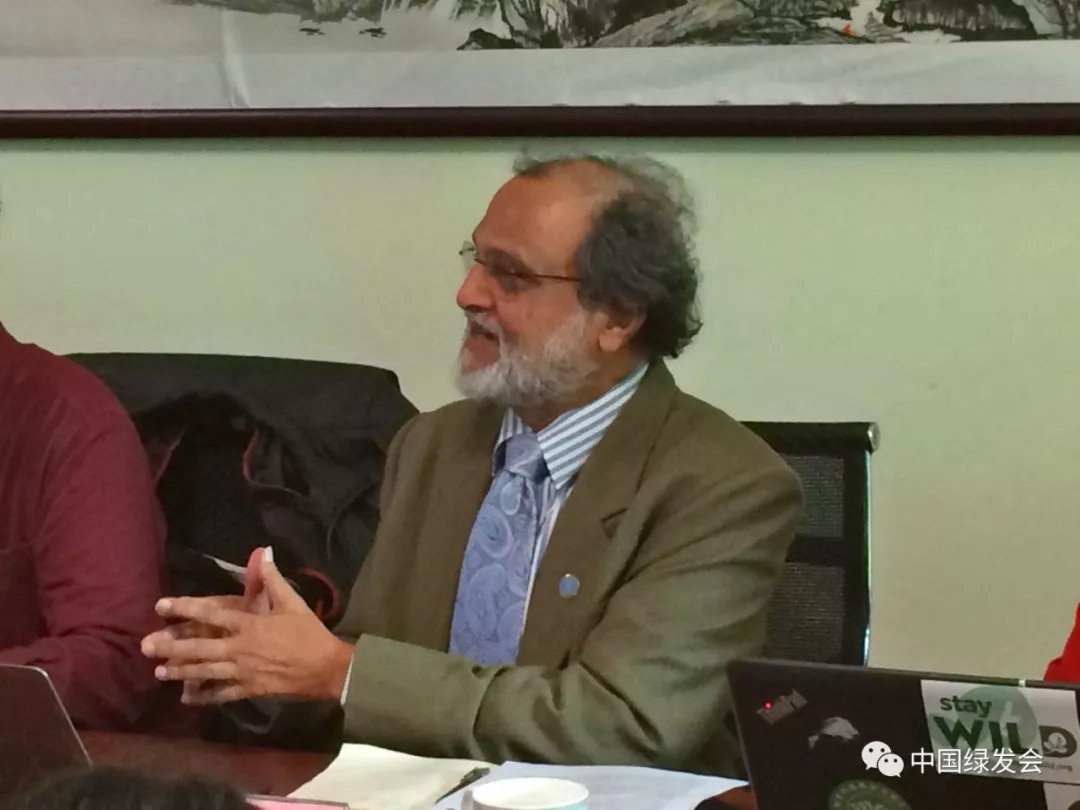
Mr. Rajendra Shende

Dr. Bhanu Neupane
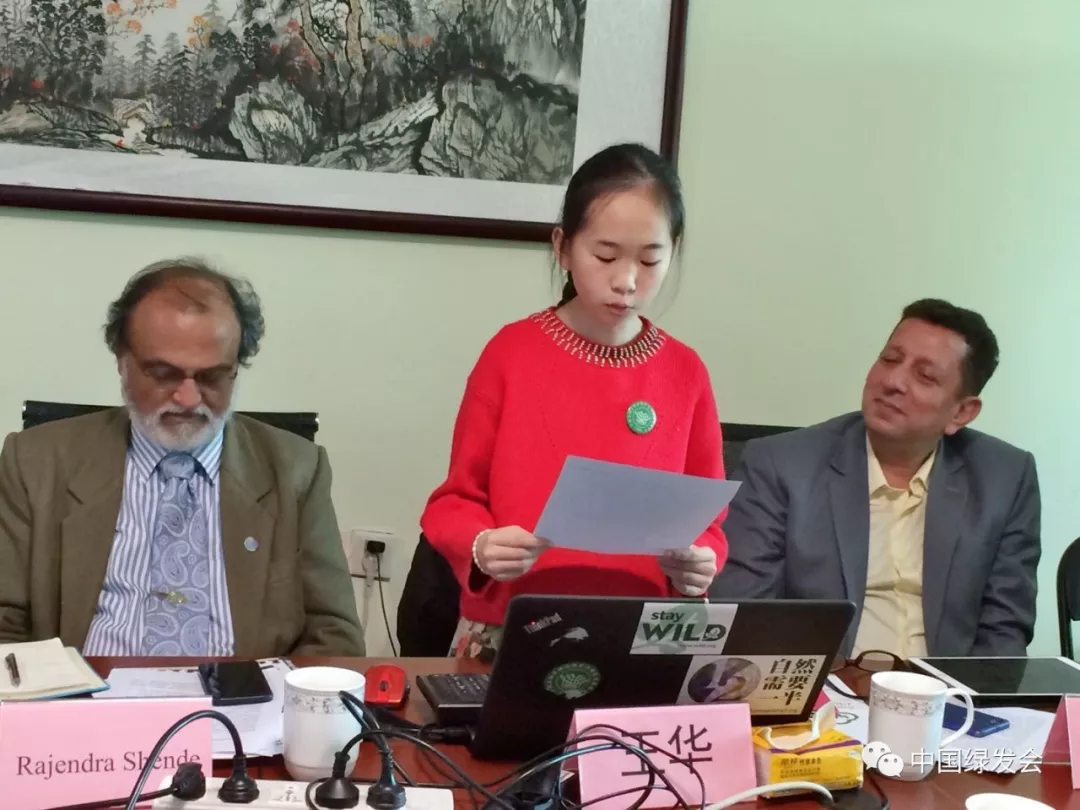
Representative from CBCGDF "Green Kids" read the "Green Manifesto".
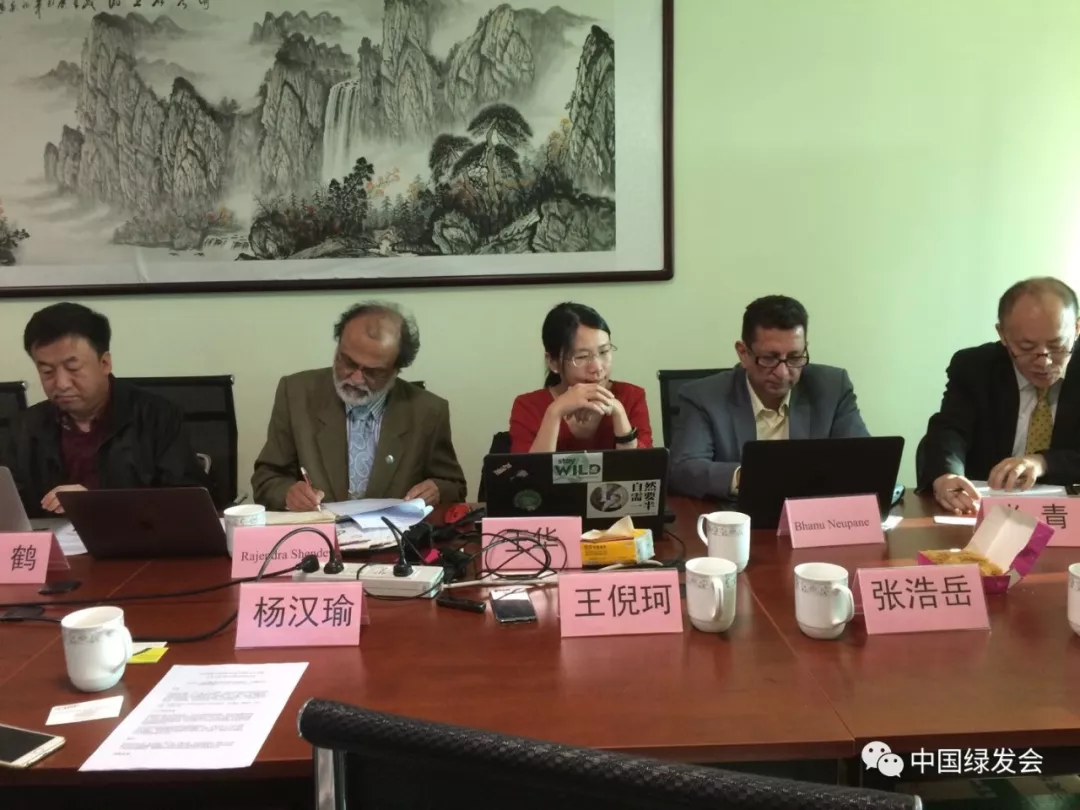
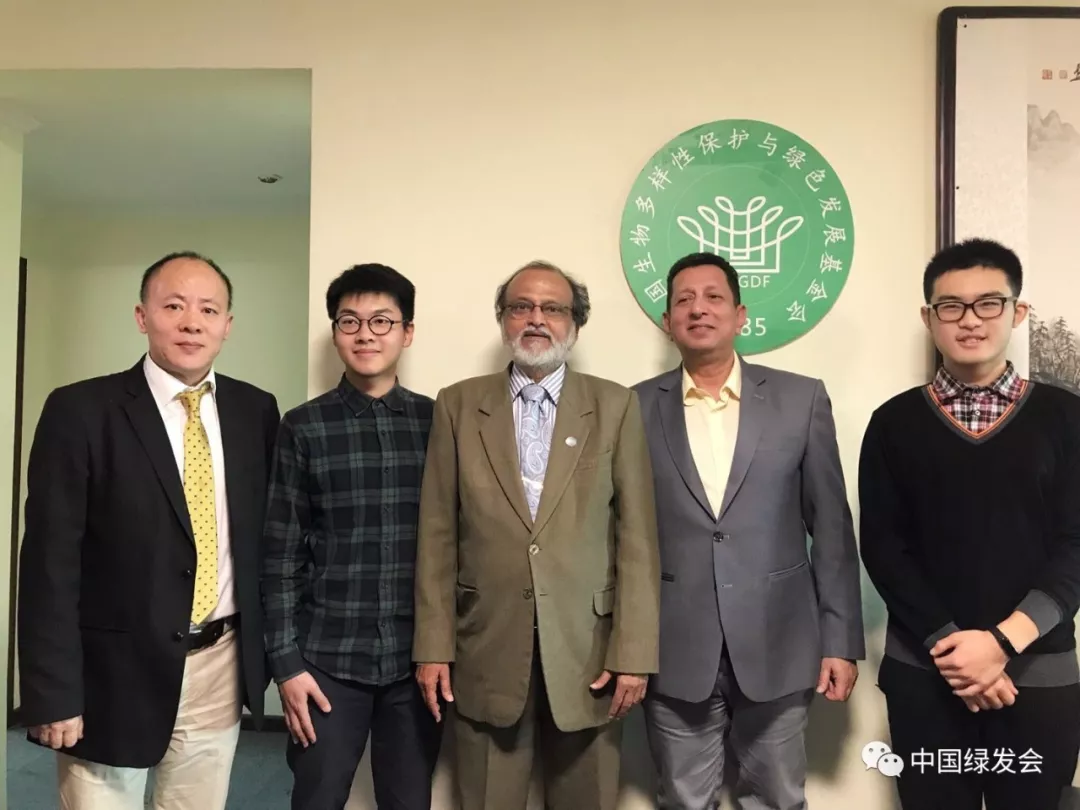
(Photo credit: CBCGDF)
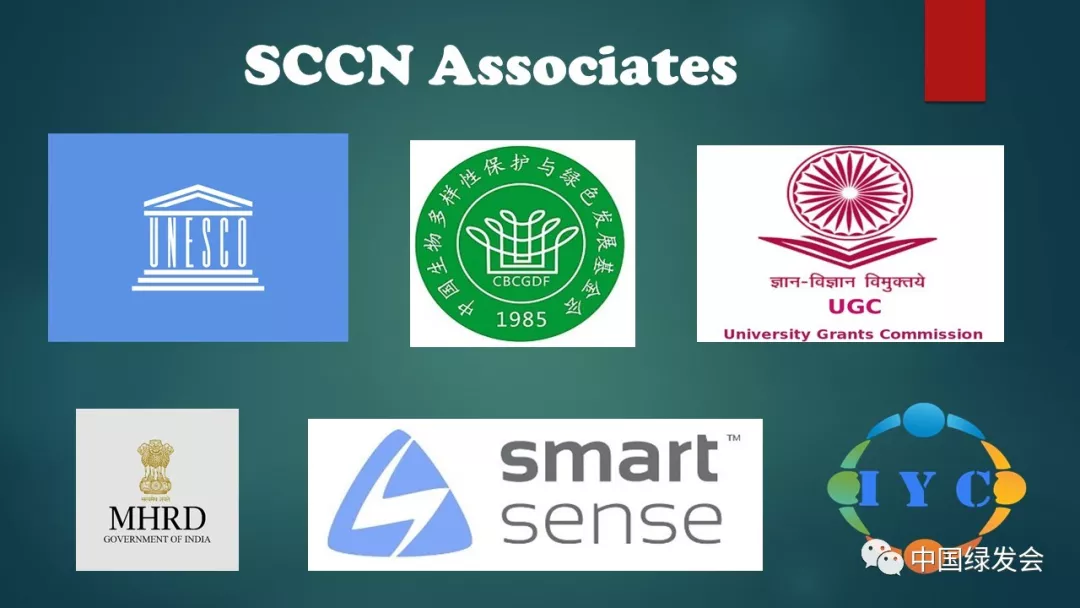
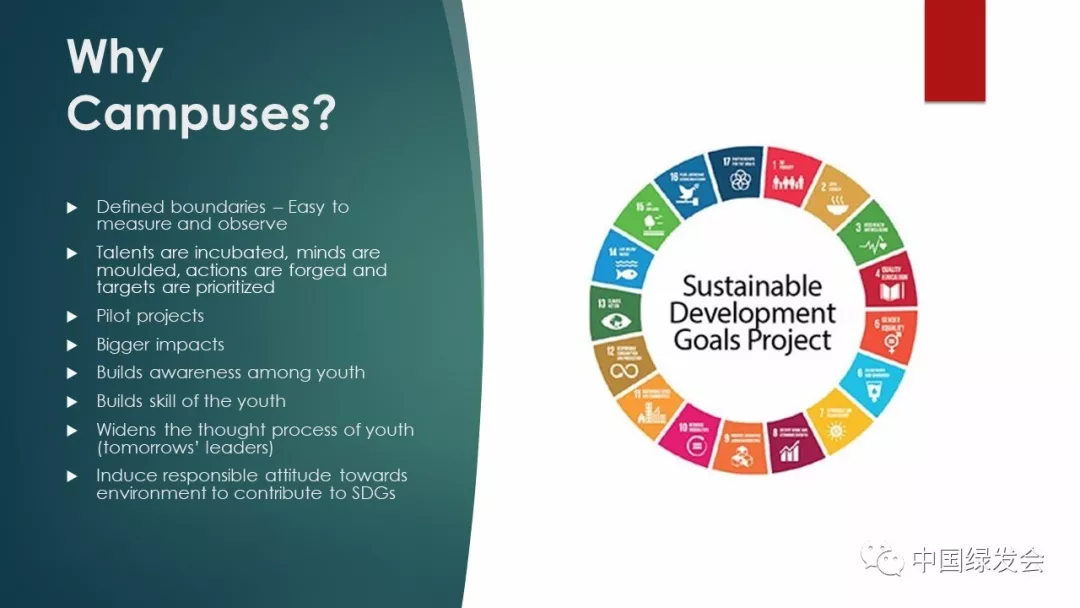
(Photo credit: Rajendra Shende)
Original Chinese article:
http://www.cbcgdf.org/NewsShow/4854/7433.html
By / Niu Jingmei
